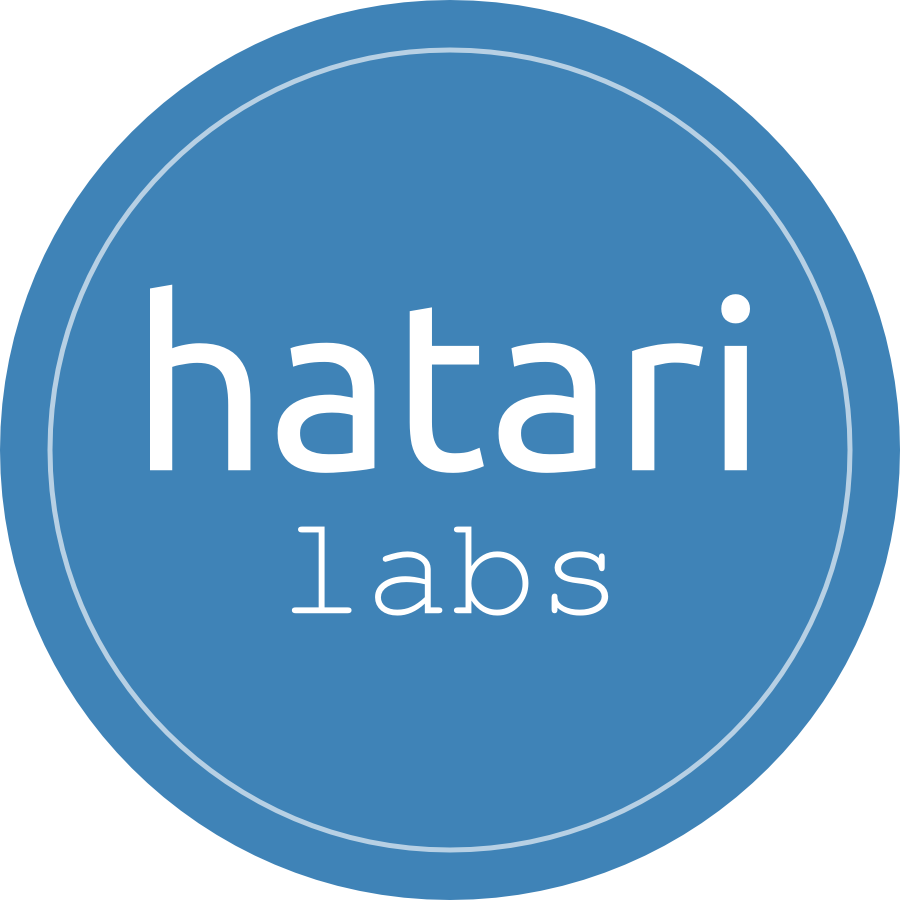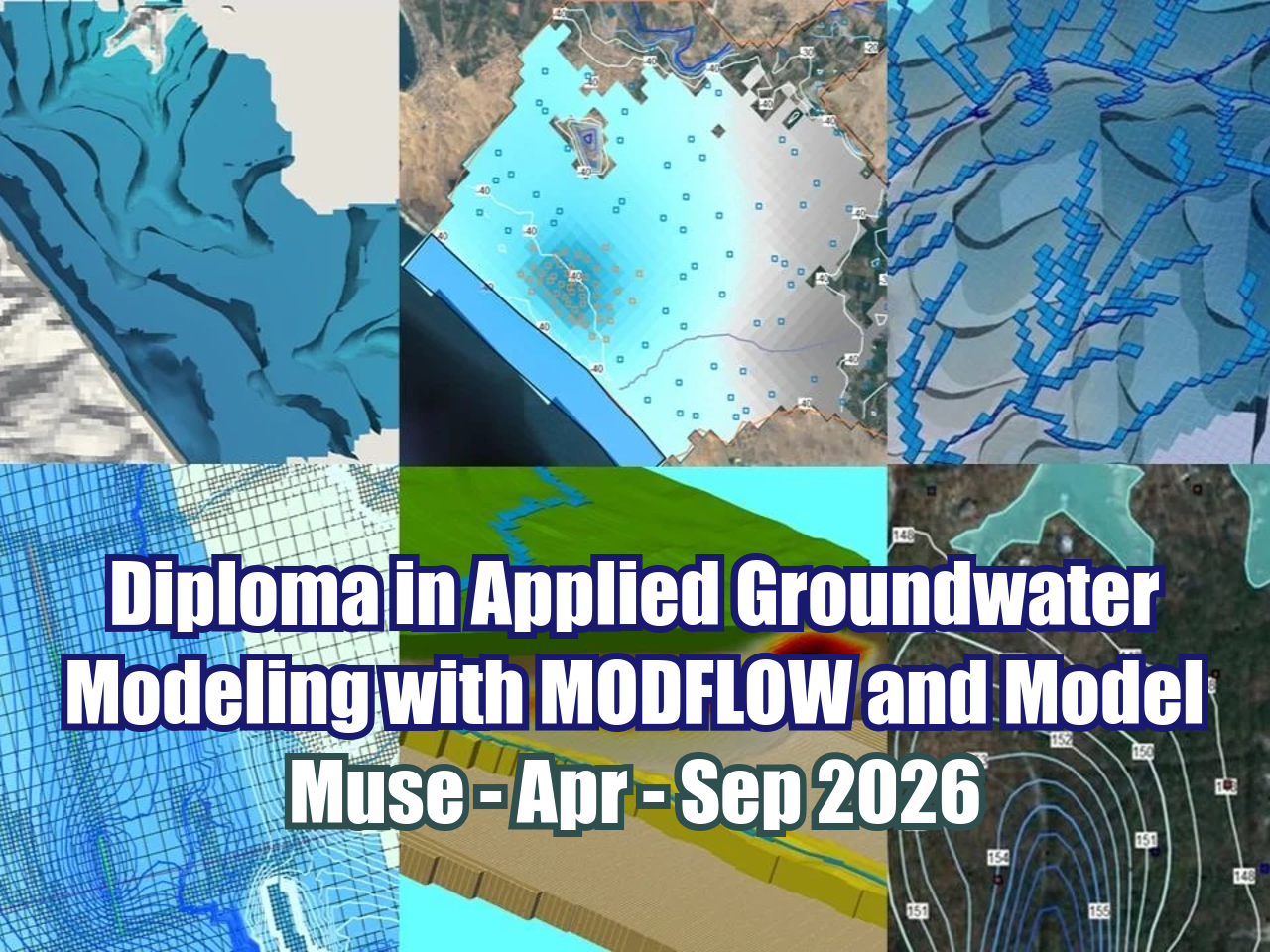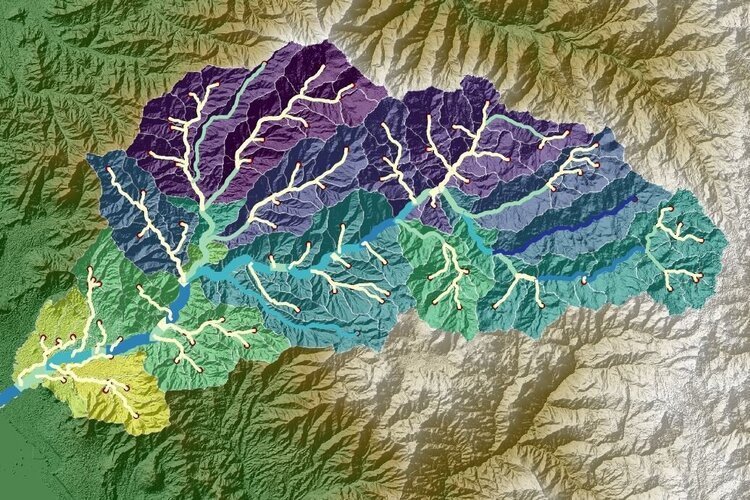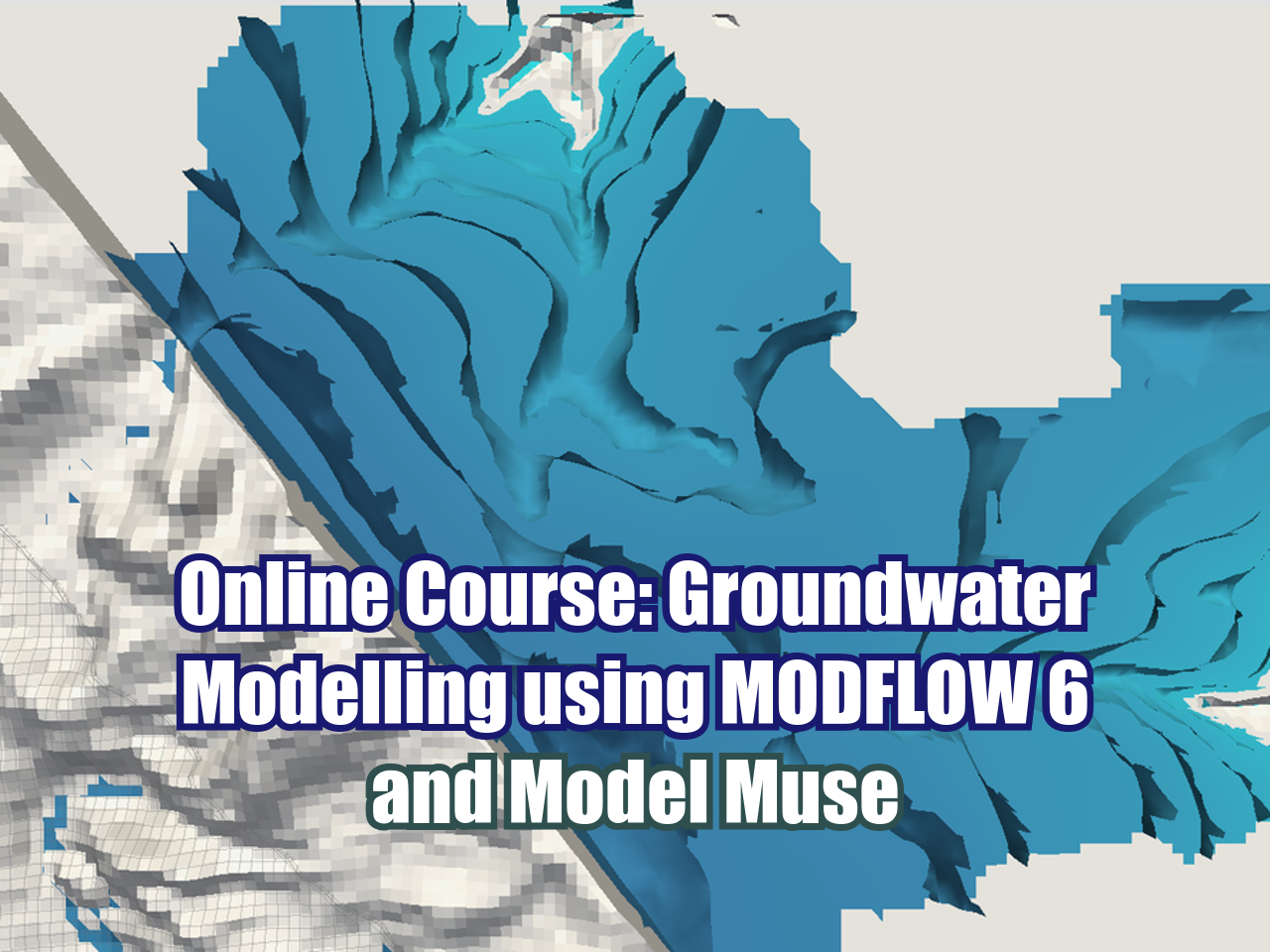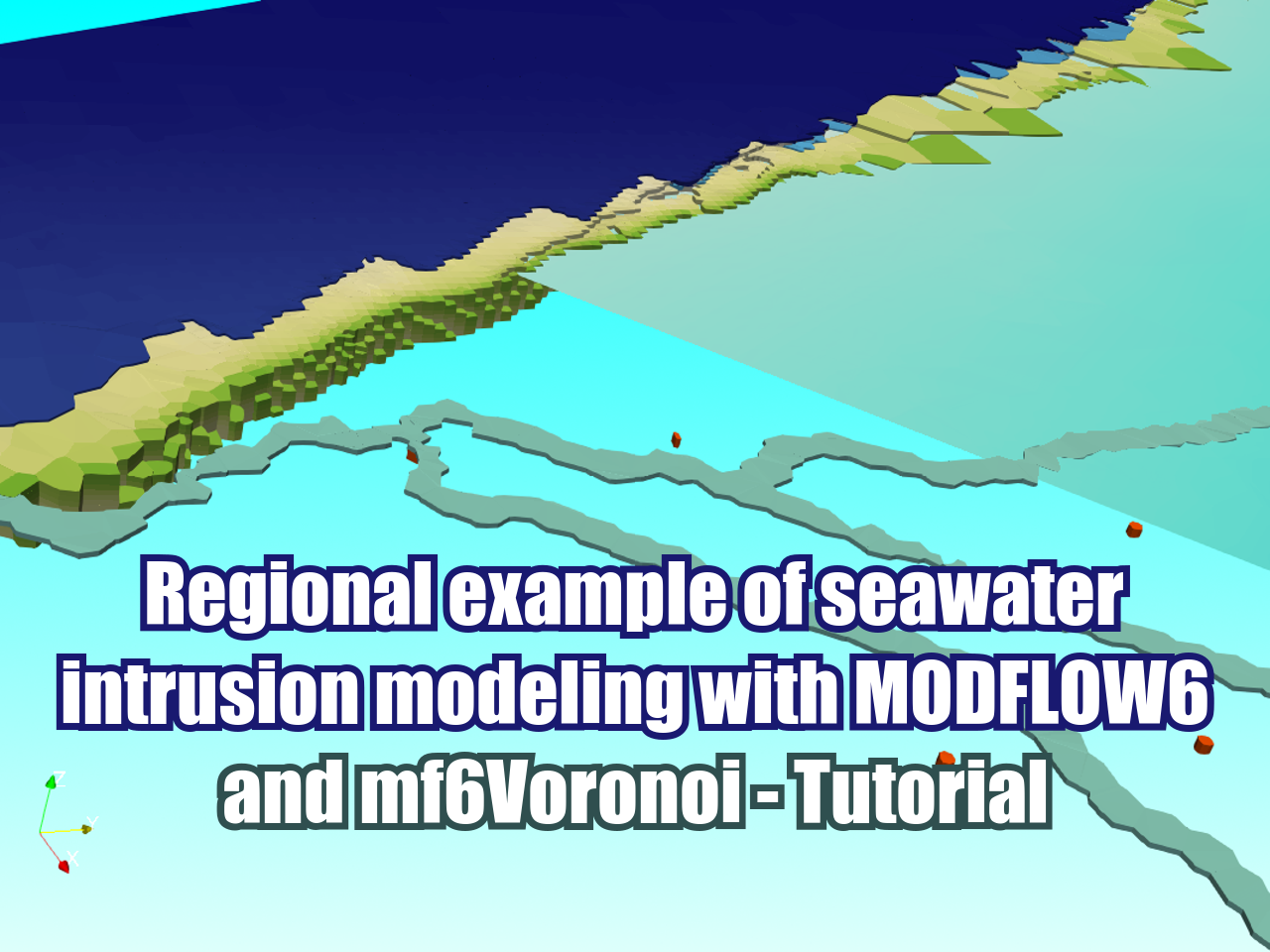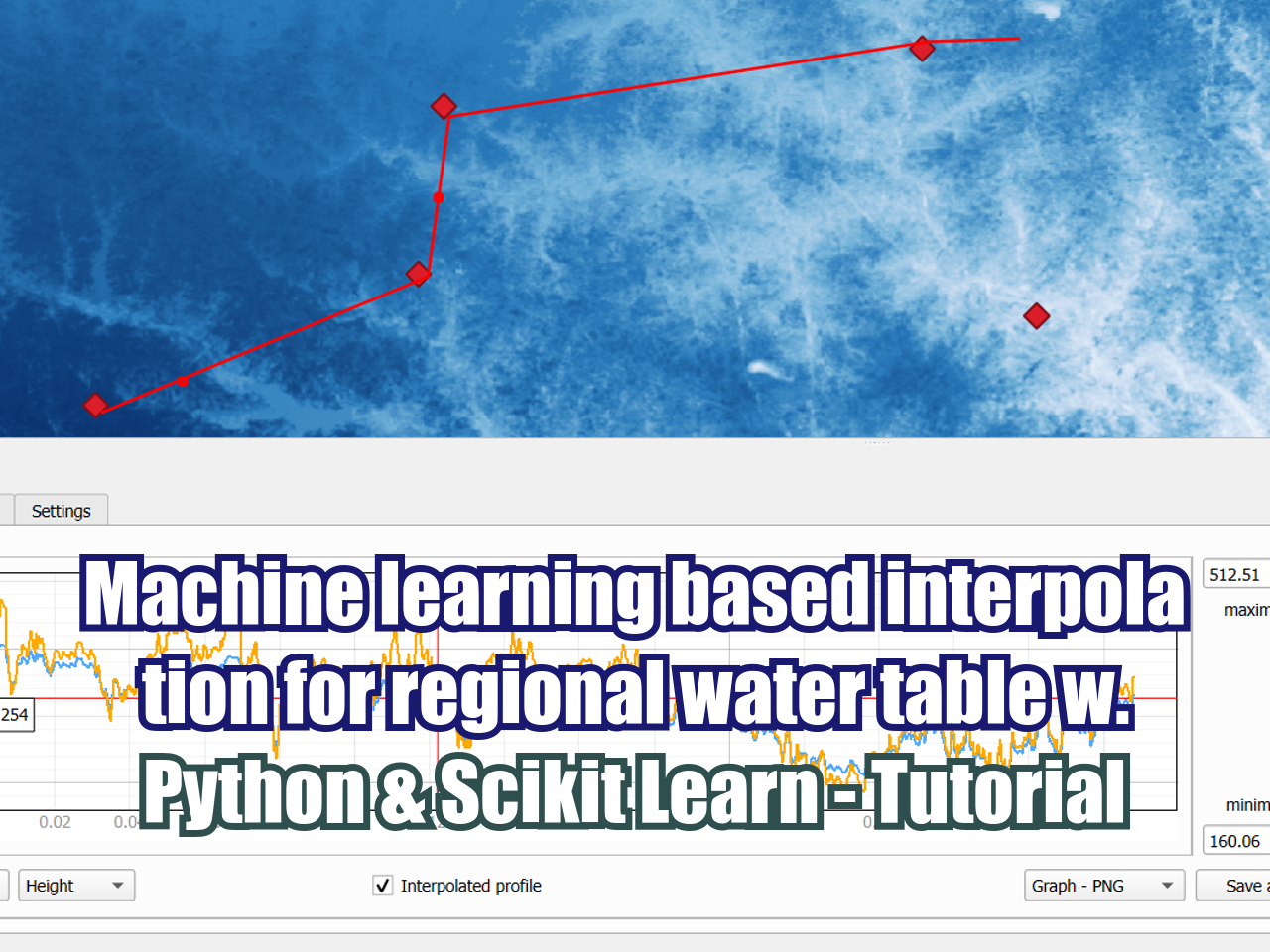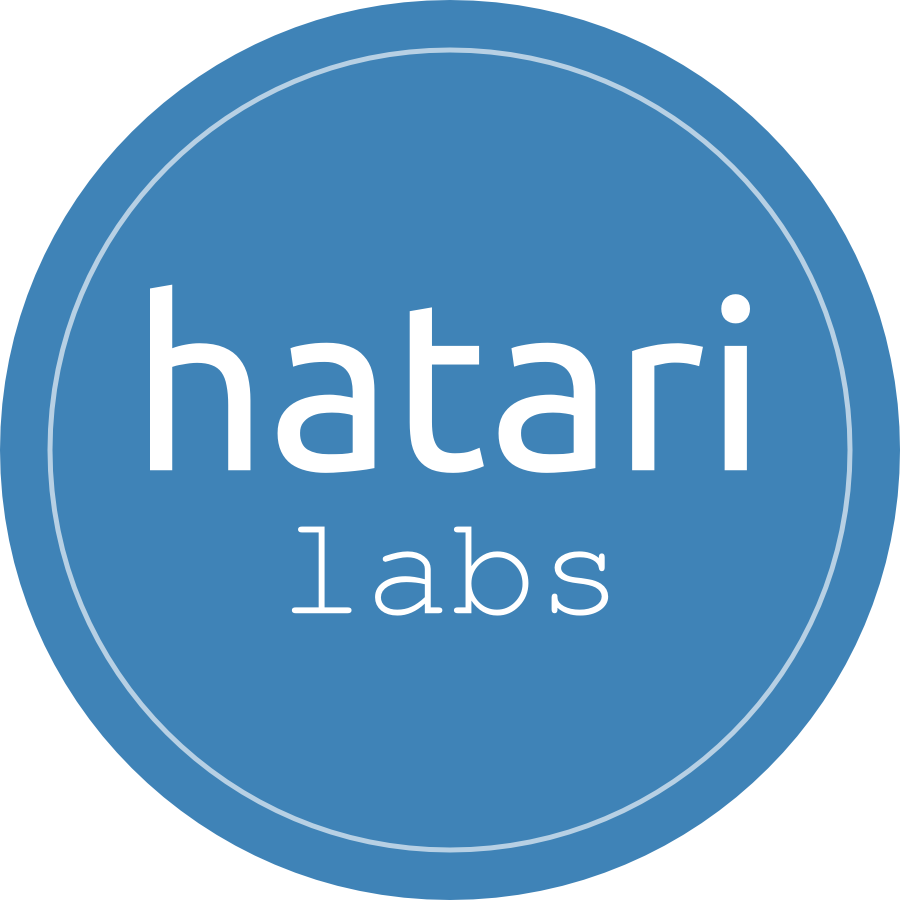Climate change needs to be evaluated on key parameters of the hydrological cycle and atmosphere over a long period of time to determine correlations, increments, distances and variances. Climate data needs to be evaluated with the use of tools that can process thousands of records with capabilities to make plots, regressions and statistics.
This webinar covers an applied example of climate change data analysis with Python, Pandas and related libraries. The study case corresponds to the Central Park, NY US meteorological station with data for precipitation, snow and temperature for a period of 150 years. The Python code developed for the webinar allows us to explore data in a comprehensive way, to get metrics and to diagnose the development of the weather parameters regarding climate change.
Note: The webinar is a live experience. Some knowledge of Python would be desirable.
Instructor
Saul Montoya M.Sc.
Hydrogeologist and Numerical Modeler.
Mr. Montoya is a Civil Engineer graduated from the Catholic University in Lima with postgraduate studies in Management and Engineering of Water Resources (WAREM Program) from Stuttgart University – Germany with mention in Groundwater Engineering and Hydroinformatics. Mr Montoya has a strong analytical capacity for the interpretation, conceptualization and modeling of the surface and underground water cycle and their interaction.
He is in charge of numerical modeling for contaminant transport and remediation systems of contaminated sites. Inside his hydrological and hydrogeological investigations Mr. Montoya has developed a holistic comprehension of the water cycle, understanding and quantifying the main hydrological dynamic process of precipitation, runoff, evaporation and recharge to the groundwater system.
Date and time
The webinar will be given twice on the following dates:
Thursday, December 10, 2020, from 6:00 to 7:45 pm. New York Time (EST).
Friday, December 11, 2020, from 6:00 to 7:45 pm. Amsterdam Time .
Estimated duration: 1:45h.
Registration
This webinar will be given on out elearning platform: elearning.hatarilabs.com . You will need to create an account first and sign up for the course.
The webinar is free of charge. Please follow the instructions on this video with the registration procedure.
